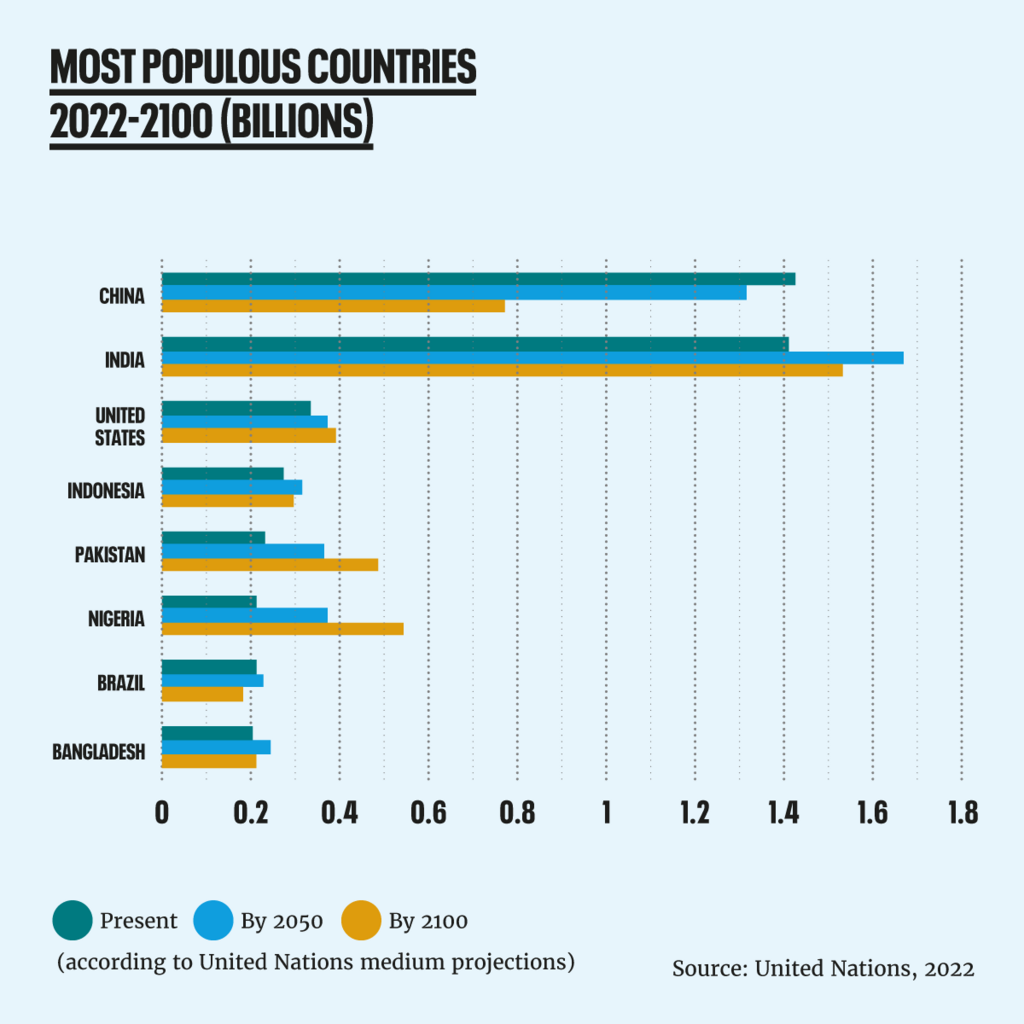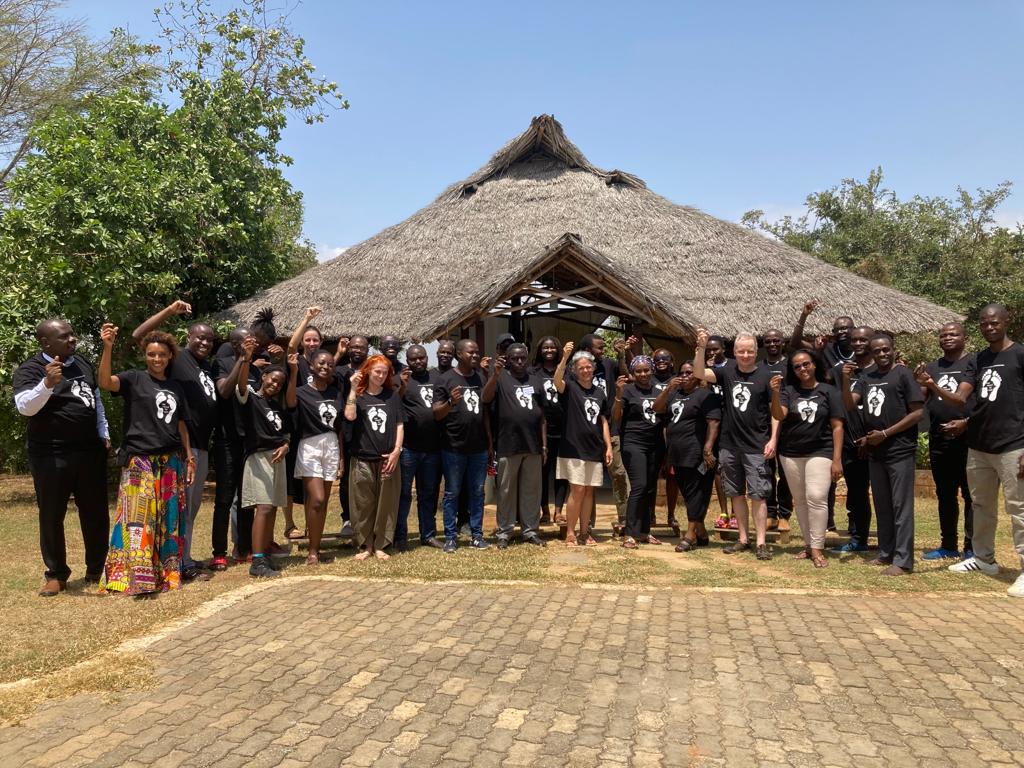
The Nigerian Population Conversation
In February this year, Population Matters will be convening a Population Conversation event in Abuja, Nigeria. Partnerships, Advocacy and Voice Manager Abimbola Junaid tells us more about what’s in store.
Nigeria is the 6th most populous country in the world, with a population of over 226 million, 53% of whom are young people, indicating a significant population momentum.
Further projections of growth by the UN underscore the urgency of addressing demographic trends. Compounding this challenge is the fact that Nigeria last conducted a population census in 2006, leaving the actual number unconfirmed and impacting national planning and priorities, especially for the socio-economic growth of all.

Recognising this pressing need, Population Matters is convening the Nigerian Population Conversation on the 13th February 2024, in the city of Abuja, the federal capital of Nigeria, bringing together a diverse group of stakeholders.
Aligned with our ‘Going Global’ framework around Partnership, Advocacy, and Voice, Population Matters has ensured the process leading up to the event has been one of shared ownership, amplifying the voices of Nigerians across the six geopolitical zones of the country through a Citizens’ Perception Survey. Research has highlighted that Nigeria’s last census took place in 2006, affirming the necessity of advancing discussions on population dynamics.

Additionally, the Citizens’ Perception Survey findings revealed a consensus among respondents, emphasising the urgency of addressing an unsustainable population through measures such as promoting girl child education and ensuring universal access to contraceptives – recommendations which closely align with Population Matters’ preferred solutions.
It is essential, therefore, that these findings, amongst other issues of climate change and the environment will inform the Population Conversation in Abuja.
Watch this space for updates.
